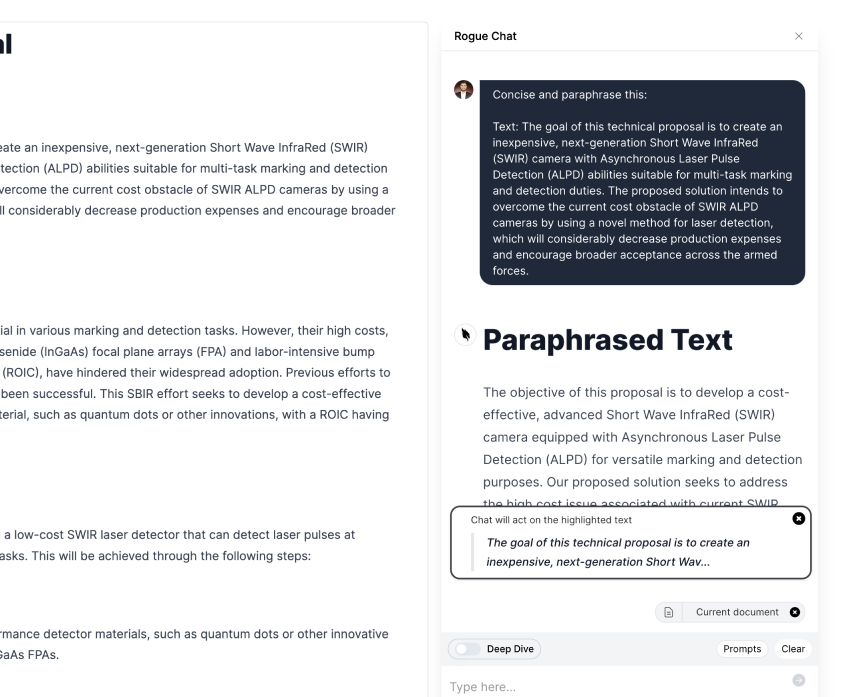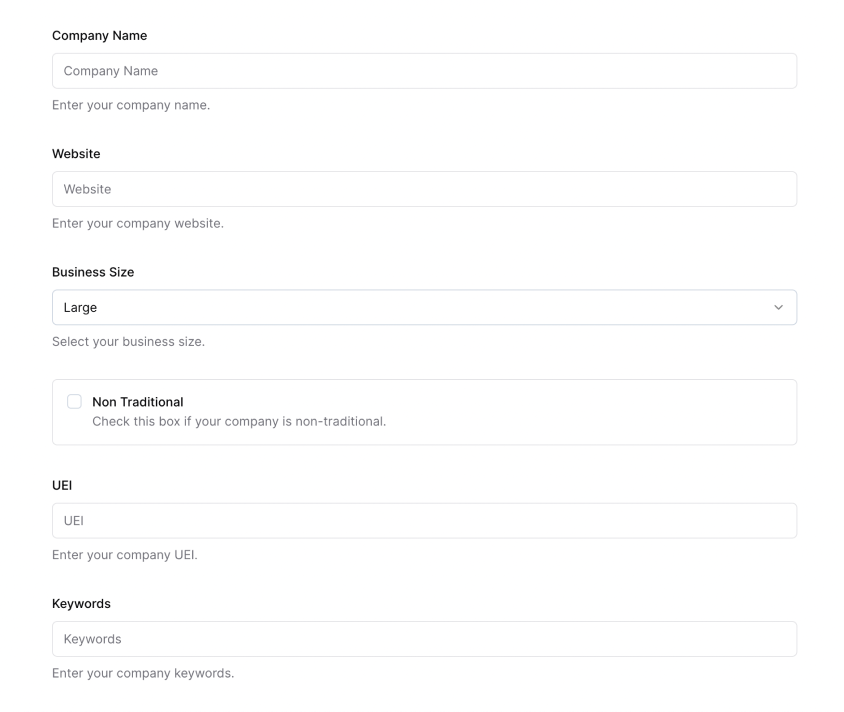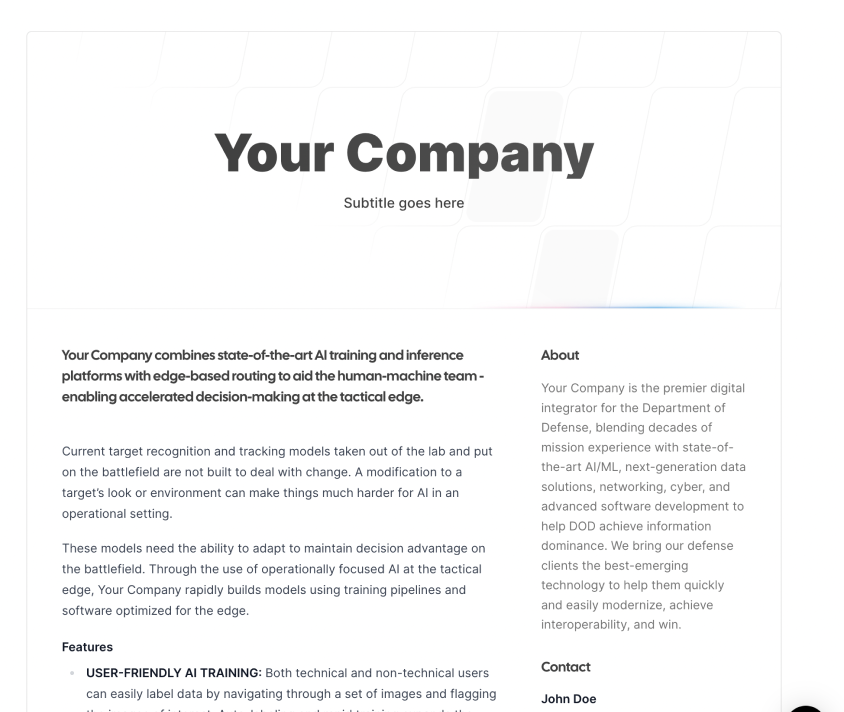
No, The AI Won't Write It For Them: What Government Needs to Know About AI Proposal Writing
AI may make proposal writing easier for industry, but it won’t raise the risk of poor contract execution.
Table of contents
AI is quickly becoming part of the process for government acquisition professionals when it comes to reviewing and responding to bids and proposals. While AI can help streamline the proposal process, there are natural apprehensions on the part of government acquisition professionals about handing off such an important task to computers and algorithms. In this blog post, we'll take a look at what government officials need to know about AI in the proposal process and why AI cannot (completely) write proposals for companies.
Introduction
AI is being used increasingly in the bid and proposal process as a way to accelerate the proposal writing process. This is especially beneficial for small businesses or non-traditional bidders who may have difficulty competing against larger, more established companies with large teams of experts crafting long, detailed proposals. With AI, these companies can generate proposals based on their concept and approach, allowing them to focus their resources on their solution rather than the paperwork.
However, it is important to understand that AI is not able to write a coherent proposal from whole cloth. Proposers must still have an idea, an approach, and understanding of how to deliver a solution, as AI will take that approach and fill in the words around it. It can help expand on the idea and approach, and put the idea into the formal language of government proposals, but it cannot create something from nothing.
Government Must Innovate to Keep Up
In order to receive more proposals, government acquisition professionals must innovate to keep up with the changing landscape of technology and AI. Moving away from 100+ page tomes that are ideally suited for traditional businesses and toward leveraging AI to ingest proposals or move toward more oral presentations can help with decision-making processes. AI can help reduce the time needed to evaluate proposals by quickly sorting out non-compliant, or poorly composed solutions, allowing government officials to focus on the best solutions rather than sifting through hundreds of pages.
Conclusion
Ultimately, AI can be of great assistance to government acquisition professionals in streamlining the bid and proposal process; however, it cannot replace the need for human involvement. Proposers must still have a clear idea of their approach and an understanding of how to deliver an effective solution. Furthermore, government officials should stay up-to-date with advances in technology so that they can effectively leverage AI as part of their proposal processes. While AI may not be able to write proposals on its own, when used correctly it has enormous potential to save time and money while improving quality control during the acquisition process.
Sign up for Rogue today!
Get started with Rogue and experience the best proposal writing tool in the industry.



